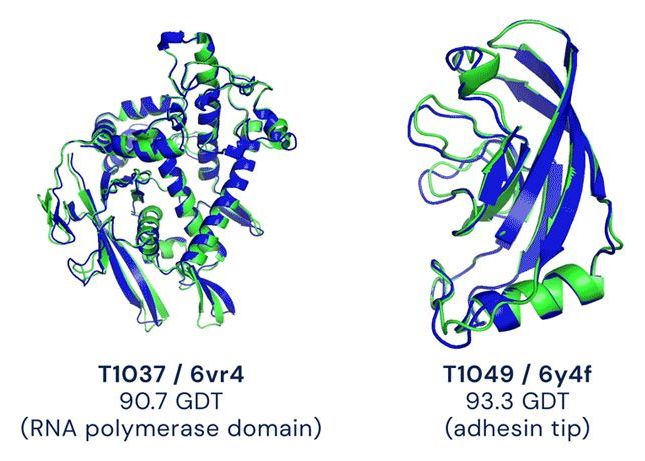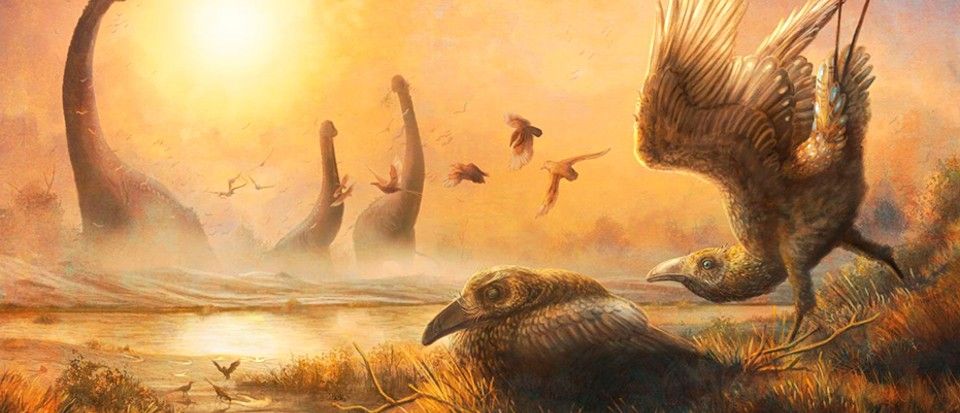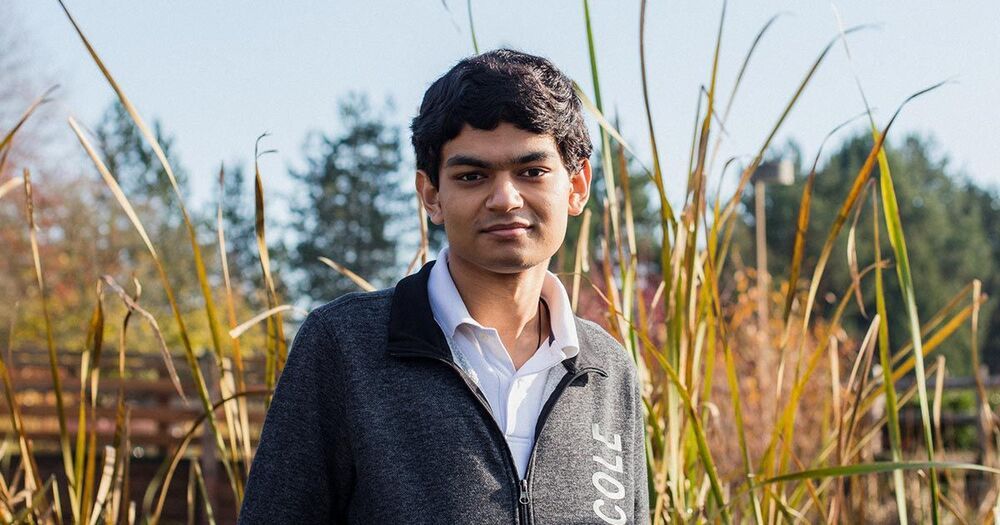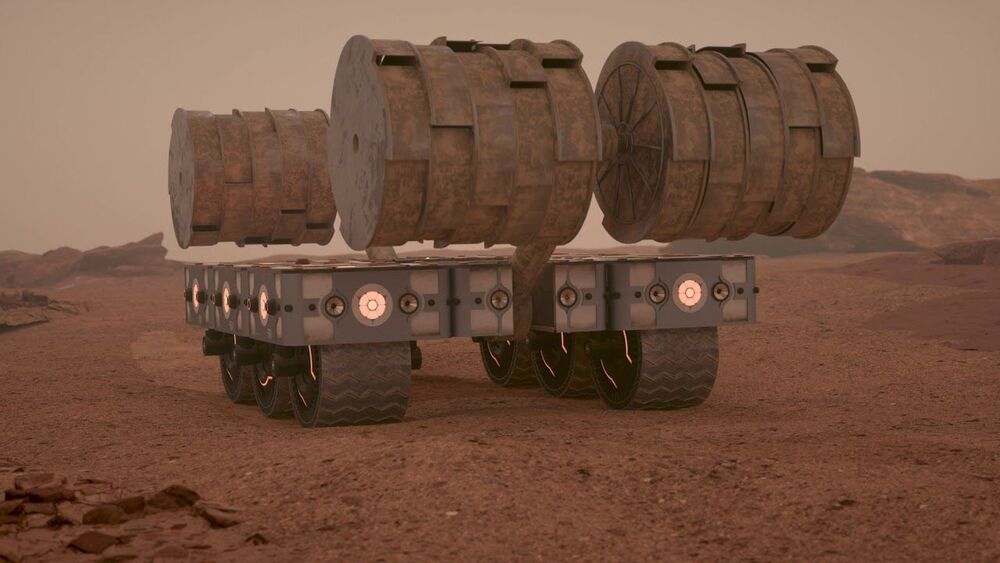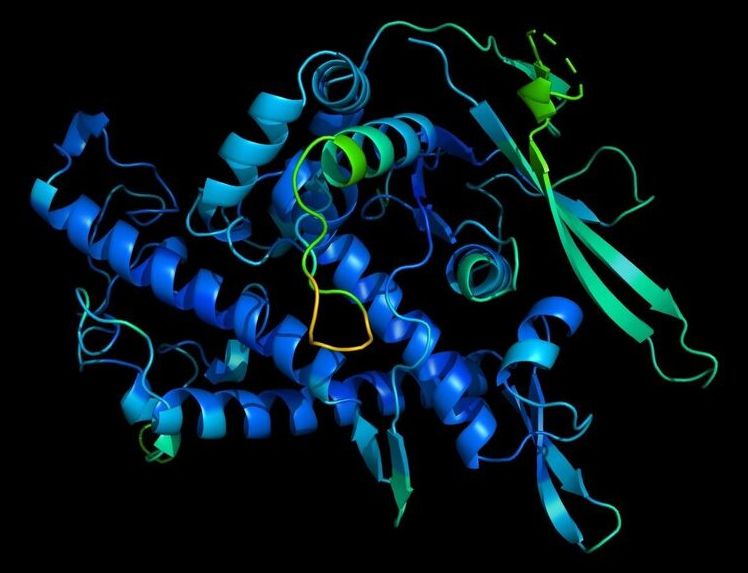Nov 30, 2020
How autonomous robots are changing construction
Posted by Quinn Sena in categories: biotech/medical, robotics/AI
There’s a lot of buzz around self-driving cars, but autonomous driving technology could revolutionize the construction industry first. That industry hasn’t changed much over the last several decades, according to some experts, making it an ideal candidate for automation.
“The way we build today is largely unchanged from the way we used to build 50 years ago,” said Gaurav Kikani, vice president of Built Robotics. “Within two years, I think we’re really going to turn the corner, and you’re going to see an explosion of robotics being used on construction sites.”
The industry is also faced with a labor shortage that the Covid-19 pandemic has further complicated.


